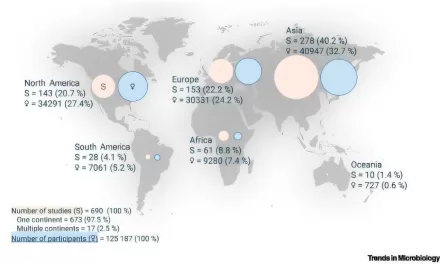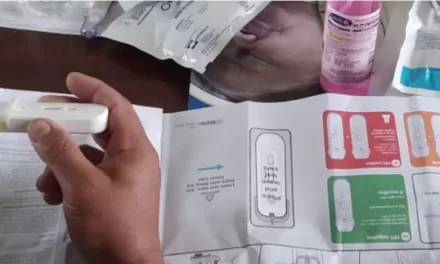New Delhi, October 8, 2024 — Union Health Minister Shri Jagat Prakash Nadda addressed the 77th session of the Regional Committee of the World Health Organization (WHO) Southeast Asia Region (SEARO) today, highlighting India’s commitment to Universal Health Coverage (UHC) and advancements in digital health infrastructure.
In his keynote address, Shri Nadda emphasized India’s “whole of government” and “whole of society” approach, stressing the importance of strengthening primary healthcare and essential services as key pillars of UHC. “India’s health system is designed to be inclusive and accessible, particularly for the underserved and vulnerable populations,” he said.
World’s Largest Publicly Funded Health Scheme: Ayushman Bharat PM-JAY
One of the major highlights of his speech was the Ayushman Bharat Pradhan Mantri – Jan Arogya Yojana (AB PM-JAY), the world’s largest publicly funded health assurance program. Launched by the Union Government, this scheme covers over 120 million families, providing them with an annual hospitalization benefit of USD 6,000 per family. Shri Nadda noted that the scheme has recently been expanded to cover all citizens aged 70 and above, benefiting around 45 million families, including 60 million elderly individuals. “This expansion underscores our commitment to ensuring universal and inclusive healthcare for India’s elderly,” he added.
Focus on Non-Communicable Diseases (NCDs)
Addressing the growing public health challenges posed by non-communicable diseases (NCDs), the Health Minister shared that India has made significant progress through its National Programme for Prevention and Control of NCDs. Since its inception in 2010, the program has led to the establishment of 753 NCD clinics, 356 Day Care Centers, and 6,238 Community Health Centers. These centers focus on preventive healthcare to tackle conditions like hypertension, diabetes, and cardiovascular diseases at an early stage.
India’s Leadership in Digital Health
Shri Nadda described India as a “lighthouse country” in the digital health space, poised to share its Digital Public Infrastructure (DPIs) with the world. The Global Initiative on Digital Health (GIDH), launched during India’s G20 presidency, is one such platform through which India will provide technical and financial support. India’s Ayushman Bharat Digital Mission, e-Sanjeevani (telemedicine platform), Integrated Health Information Platform (IHIP), and SAKSHAM are among the flagship programs India will share globally. “Following the success of CoWIN during the COVID-19 pandemic, India has conceptualized UWIN, an online platform to register, track, and monitor all vaccination events under the Universal Immunization Programme,” Shri Nadda announced.
Promoting Traditional and Complementary Medicine
Recognizing the significant role of traditional medicine in healthcare, particularly in Southeast Asia, Shri Nadda highlighted India’s support for the WHO’s Global Traditional Medicine Centre. He emphasized that India’s experience in integrating traditional and conventional systems of medicine has led to the provision of holistic healthcare. “Our Ayushman Aarogya Mandirs, or community Health & Wellness Centres, provide comprehensive healthcare through both traditional and conventional systems, ensuring the physical and mental well-being of our citizens,” he explained.
Collaborative Efforts to Address Global Health Challenges
Shri Nadda concluded by invoking Prime Minister Shri Narendra Modi’s vision of “Sabka Saath, Sabka Vikas, Sabka Vishwas, Sabka Prayas” (Involvement of all, Development of all, Trust of all, Efforts of all). He stressed the importance of unity in addressing global health challenges, fostering inclusive growth, and building resilience in health systems through collaborative efforts.
The session also featured addresses by Saima Wazed, Regional Director, WHO SEARO, who highlighted the progress made in reducing global infant mortality rates, and other dignitaries from Southeast Asian countries. Senior officials from the Union Health Ministry, including Smt. Punya Salila Srivastava, Union Health Secretary, and Dr. Rodrigo Offrin, WHO Representative to India, were also in attendance.
This event marks another significant step in India’s leadership in global health, reinforcing its commitment to equitable, accessible, and sustainable healthcare for all.












